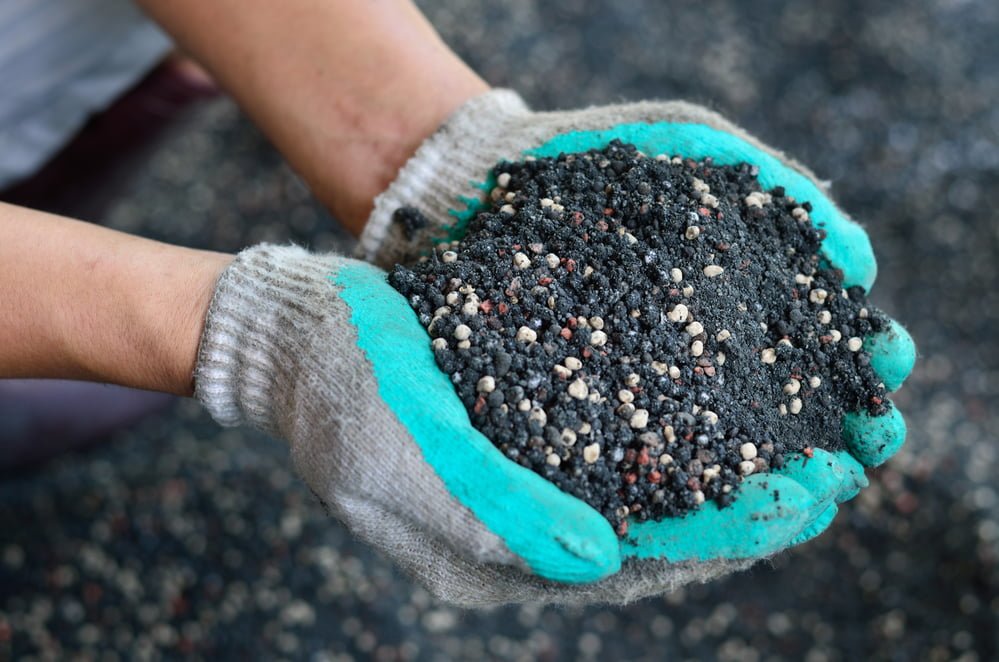
If you think organic fertilizer is nothing more than a little compost or an organic label on the bag, you’re only considering a small part of the process. Adopting an environmentally friendly approach to a healthier lawn and garden involves much more than simply changing brands; you must change your mindset and approach to gardening as well. When you go organic, you’re not just applying a safer fertilizer a few times a year, you’re choosing to nurture life along with your soil, which will, in turn, nurture your grass. If you’re looking to adopt an organic approach in your yard and incorporate organic fertilizer into the mix, read on to find out how to go from ordinary to organic!
Thicken Your Lawn
One helpful step to take is to thicken your turf by spreading grass seed. When grass is thick and healthy, weeds have no place to take root and germinate. This allows the grass to establish a wider root system, which more effectively pulls nutrients and water from the soil. Look for a seed mix designed for the conditions specific to your lawn: sun or partial shade. Fall is generally a good time of year to over-seed, but if your lawn is on the thin side, you can also do this in the spring. Before spreading the seed, cut your grass to about 2 inches tall. This allows sunlight to get through to the new seeds and encourages germination. Spread about 3-4 pounds of seed per 1,000 square feet of lawn area.
Feed It
Compost increases the soil’s organic matter content and improves water retention by encouraging biodiversity. Fill a wheelbarrow with compost and drop small piles all around your lawn, then spread it with a rake so it’s three-eighths of an inch thick. Commercial organic fertilizers come from natural plant, animal and mineral sources. Read the label on the fertilizer to make sure you don’t overfeed your lawn. Apply a low dose in early fall and mid-spring. You can purchase organic compost and other soil amendments, but starting your own compost pile provides a free, readily available supply of this magical compound.
Water Wisely
Using an organic approach for your lawn means that you will need to water less. When you do need to water, do so in the early morning to maximize effectiveness. Remember that deep and infrequent watering makes the grass send roots deeper into the soil to find moisture, which will make your lawn more hearty and drought resistant. About an inch of water per week is enough to sustain an established lawn in most cases.
Cut High
Set your mower blade to its highest setting and keep the blade sharp to help your grass resist infection and infestation. Remember, you never want to cut off more than one-third of the grass blades at a time. Leave those grass clippings on your lawn, too. They add valuable organic matter to the soil and help prevent evaporation.
In Salt Lake City, Millcreek Gardens is your local expert for all things lawn and garden. Visit their garden center and speak with the experienced associates about your yard and your goals to become more environmentally conscious. They can answer all your questions and direct you to the most effective methods of using organic fertilizer and care methods.


